Will There Be a Recession in Canada in 2023?
January 25, 2023
Is Canada Going Into a Recession?
The first thing to understand is the technical definition of a recession – when an economy’s GDP (Gross Domestic Product) shrinks for two consecutive quarters or six straight months, the economy is technically in a recession. The GDP of an economy represents the total economic output of an economy. Essentially, it means the entire value of a country or region’s commerce. Is the pie growing, increasing output and wealth, or shrinking and creating less wealth?
Unfortunately, we only know if we are in a recession after we are already in it – because the data we have looks backward. The next thing to understand is that any recession we experience, and the inflation we are experiencing now, is a mistake. It is the direct result of the failure of politicians and Central Banks in Canada and America. These individuals reacted out of all proportion to the COVID crisis by locking down and collapsing our economy. They also borrowed vast sums of money and pushed synthetically manufactured cash into the economy and, at the same time, artificially restricted energy production, creating a global energy crisis – which further accelerated inflation.
Presently, neither the central bank nor the U.S. Federal Reserve, nor the Bank of Canada, believes there will be a recession. Yet, both tried to tell us that the inflation they had recklessly unleashed was “transitory.” Then when inflation proved not to be transitory and hit 6%, the Central Banks tried to tell us that we had reached “peak inflation.” Core Consumer Price Index Inflation today is about 7% and has hit 9% in many sectors. However, many baskets of key ingredients, gasoline, groceries and utilities, have surpassed well over 20% inflation over the past year.

Pictured above: Bank of Canada executives showing off freshly minted bills
Does it Matter if We Enter a Recession?
It does not matter if we go into a technical recession. We will not even know if we are in a recession until we are in it – because data is backward looking. It makes little difference if we are in a technical recession because the expected economic contraction is the issue itself. And the magnitude of the anticipated contraction is massive in both the United States and Canada. To quote a recent statement from the Bank of Canada, “The annual average GDP growth is therefore projected to decline from about 3¼% this year to just under 1% next year.”
That is a near 70% contraction in our GDP. Our GDP growth was 4.8% in 2021, coming out of the lockdowns. This inflation-driven economic braking – or slowing- is the primary problem. If the GDP growth goes below 1% to below 0% into a recessionary territory and stays there for six months, then that fact is just a by-product.
The main problem with a recession is that it creates fear, and should we slide into one, the fact that we have will permeate all financial media and social media very quickly. The problem with recessions, generally, is that they are a social concept. And because of this, they can become a self-fulfilling prophecy termed reflexivity.
Ultimately, when people and businesses hear or feel we are in a recession, they lose confidence in the economy, buy fewer goods, take fewer risks, invest much less capital, hire fewer people, buy less inventory, etcetera, exacerbating the slowdown. However, we are not there yet – and the most critical problem is a slowing economy in general.
Canada Recession: A New Economic Landscape
The most important thing to know is that our economy and markets are rapidly transitioning. Yet, since the Financial Crisis, one set of rules has dominated the economic topography.
Interest rates were kept artificially low. The central banks liberally pushed large amounts into the economy, followed by massive monetary stimulus. The U.S. alone borrowed over $30 trillion into the economy over the past ten years, a process called Quantitative Easing.
During COVID, this ‘easy money’ policy rapidly ramped up, and the government paid out vast amounts of fiscal stimulus. This stimulus was the cash the government printed and randomly paid out to healthy people to stay home and not participate in the economy, expanding governments’ balance sheets by adding irresponsible amounts of public debt (money that we all owe). Federal government debt is now 112% of Canada’s GDP and 128% of the U.S.’s GDP. Inflation is inevitable when money is cheap and plentiful, and speculative bubbles will precede it along the way.
Over the past 15 years, this ‘easy money’ policy inflated market speculation, drove large-cap growth tech stocks to stratospheric valuations, artificially increased the return on bonds as interest rates were pushed downward, and helped fuel speculative bubbles in hard assets such as real estate. Unfortunately, when money costs less and less, it is easy to speculate with it. The hangover from this mess begins now. All factors and economic inputs that have been dominant for 15 years are transitioning. We are moving into a new environment and a new era. And they are changing because most of the excesses of the past 15 years, fuelled by ‘easy money’ policies, must be worked out and through the economy.
How to Prepare for A Recession in Canada
So, what can you do to protect yourself? Here are four things you can do to protect your wealth as this economy and market transition into the new era.
Number 1: Cash Is King
If you have cash – hang onto it for a while.
As the economy and the market go through this transitioning phase, the price of assets such as stocks, bonds, cryptocurrencies, and real estate will go through a period of price discovery. It will take a while to determine which asset type this new environment will and will not favour. The good news is that interest rates on cash are better than they have been in 15 years – but remember that with inflation above 6%, you are still losing money on a relative basis.
Number 2: Deployment Of Capital Will Be Key
The decisions made on capital deployment over the next six to 18 months will define how your wealth grows or does not grow over the next five years. We are at a crossroads right now. Strategies and investment approaches that worked over the last 15 years likely won’t work over the next few years.
But there are strategies and investment processes which will work. First, rebalance your portfolio, focusing on companies with solid balance sheets and growing earnings with low debt. Ironically, corporate bonds, certain preferred shares and other income securities are beginning to look good again after 15 years. As you deploy or redeploy capital, the bottom line is that you have to protect your assets from inflation while owning companies that will continue to grow through the economic slowdown.
Number 3: Reduce Expensive Debt And Expenses
Review any consumer or business debt you carry very carefully. Look to see the relative interest rate from one debt facility to the next, and see if you can eliminate or reduce expensive debt with unused cheaper debt if you have access.
You can even call or visit your bank and enquire about what new debt facilities they can offer you. Or even create a new relationship with a different bank if they seem willing to offer less expensive borrowing facilities. If you carry credit card debt, try eliminating it with cash or transferring it to a less expensive debt facility.
If you have no debt, or even if you do, review your expenses and consider if they are genuinely justified to ensure your quality of life. Then, try to reduce or eliminate silly expenses.
Number 4: Work Hard and Be Nice To People
Individually, we cannot fix the economic problems caused by politicians and the Central Banks – but we can continue to build our skills and careers. So use your intelligence, put your head down, and work hard. Take courses and expand your knowledge and abilities. And be nice to people. We will make it through to the other side of this mess in a few years – and you can be better for it.
Key Takeaways
We strongly believe that the best investment decisions are made at the worst of times – and the worst investment decisions are made at the best of times. We at McIver Capital Management can help you deploy or arrange your capital to take advantage of what will happen next in the economy and the marketplace. Contact us today if you are concerned with your investments or need help securing your wealth in our new economic landscape.
Do You Want To Know More?
Give us a call, let's have a chat.
Ask all your questions, get all the answers and hear about all the benefits. Don’t worry, we are sure we can find a custom solution for your specific case.
Call us at +1 (604) 643-7337
Email us at nmciver@cgf.com


